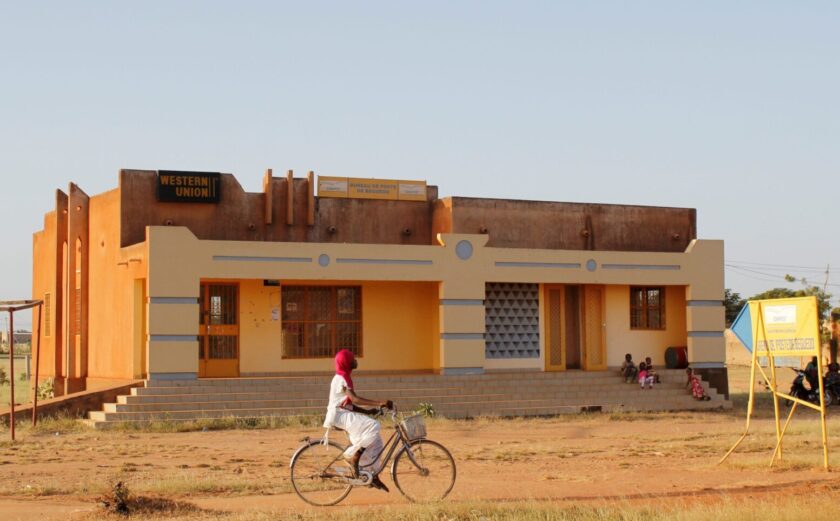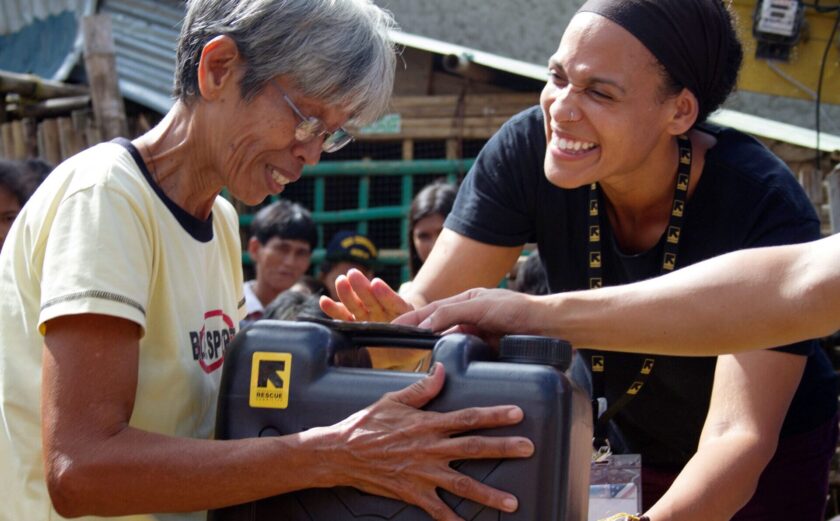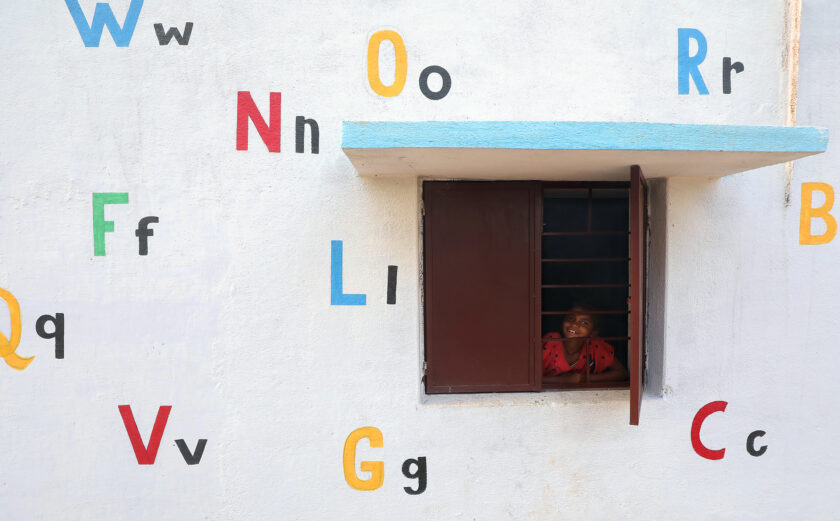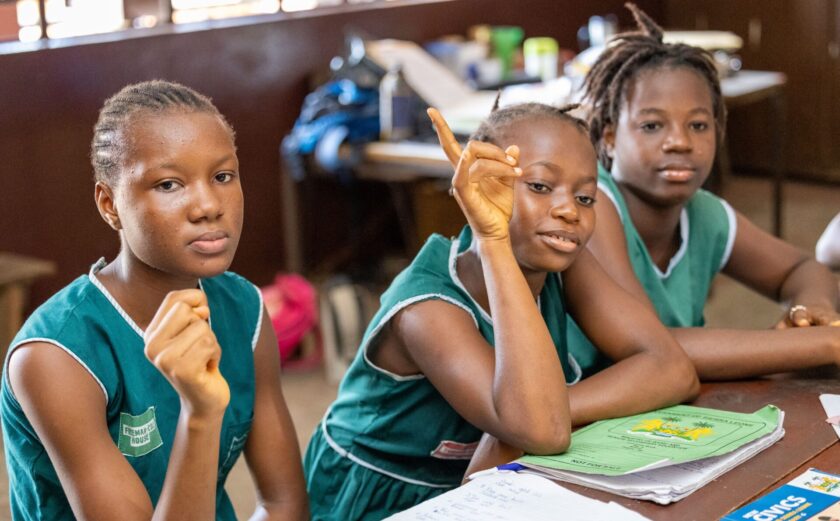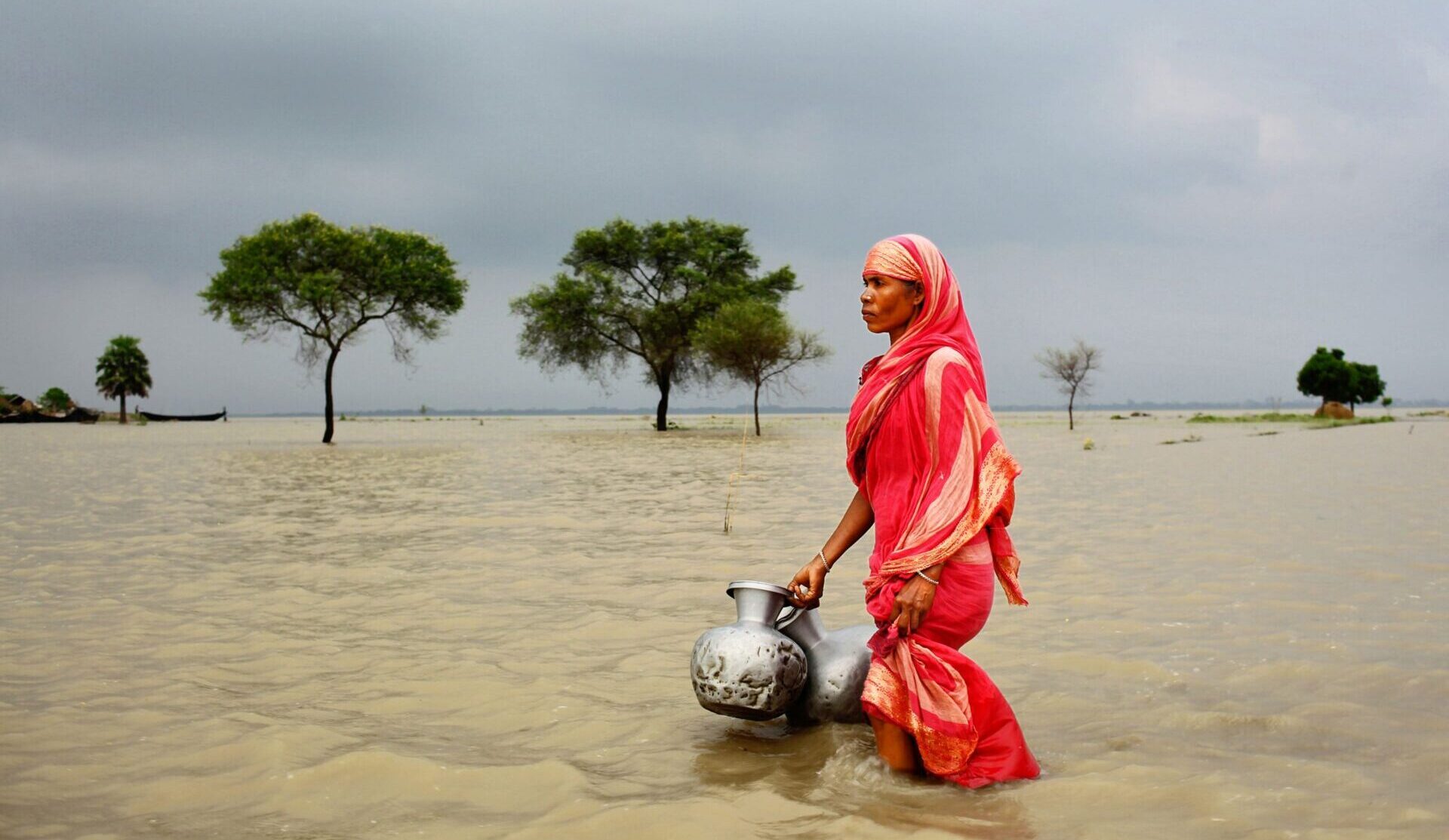
InterAction Listening Session Marks One Year Anniversary of USAID’s Climate Strategy
In April 2022, USAID released their new Climate Strategy which will guide the Agency’s approach to reducing global greenhouse gas emissions, improving overall operations, and helping partner countries build resilience to climate change through 2030.
The InterAction community has been involved in this process from the very beginning. Following President Biden’s executive order on climate action, InterAction began refining and deepening our community’s understanding of climate change’s impacts, sharpening our recommendations for a comprehensive USG response.
The recording from our virtual event features Ann Vaughan, Senior Advisor for Climate Change at USAID’s Bureau for Resilience and Food Security; Kathryn Stratos, Deputy Director for Climate and Cross-Sectoral Strategy at USAID’s Bureau for Development, Democracy, and Innovation; and Eduardo Contreras, Country Director for Lutheran World Relief, Peru.
In the summer of 2021, InterAction convened five listening sessions on USAID’s proposed new Climate Strategy involving 98 Member NGOs and local partners, and 58 USAID representatives. Recommendations from those sessions were compiled and shared with USAID ahead of the Strategy drafting process. Once the draft of the Climate Strategy was released, InterAction hosted a feedback session in November 2021 and compiled our Members’ feedback and recommendations for strengthening the framework and implementation of the Climate Strategy.
The purpose of this latest listening session on July 11 was to discuss progress made during the first year of the Climate Strategy’s implementation. USAID has made some progress over the past year through increased climate investments and by helping more partner countries tackle the crisis. As part of its implementation process, USAID launched several initiatives, created new partnerships, and launched both internal and interagency processes aimed at helping the Agency achieve the Climate Strategy goals.
Of particular interest was USAID’s progress in mobilizing climate adaptation funding. InterAction was pleased to learn that in 2022 alone, USAID mobilized more than $340 million in public and private adaptation financing. Recent projects in Bangladesh and Peru highlight the Agency’s recent work in this area.
In Bangladesh, USAID worked with the National Government to provide over 250,000 farmers with access to timely and location-specific alerts regarding natural disasters, allowing farmers to avert production losses. Another partnership with the governments of Canada and Peru resulted in additional investments in water security in Peru. As droughts become more severe, these investments will support communities in Peru by restoring natural reservoirs used as sources of drinking water for urban areas. Looking forward, USAID is continuing its partnership with governments and other donors to continue addressing climate adaptation in disaster-prone countries.
During the event, Eduardo Contreras, Country Director for Lutheran World Relief, Peru, presented on their partnership with USAID. The project, titled Transforming the VRAEM: The Land of Fine Flavor Cacao, promotes cacao production and focuses on improving the quality of cacao, enhancing relationships between stakeholders, and increasing crop yields. In the VRAEM region of Peru, Lutheran World Relief partners with women-led cooperative Qori Warmi (“Women of Gold”) to advance women’s roles in the production of fine quality cacao, furthering women’s entrepreneurial capacity and leadership. These efforts have increased women’s household income and improved lives. The project runs until April 2026, with a total awarded amount of $2.3 million from USAID and projected $7 million in private sector funding.
The InterAction community was pleased to see progress on the implementation of the Climate Strategy and we look forward to what the next seven years of implementation entail.
—
USAID’s Climate Strategy Update presentation can be found HERE. Lutheran World Relief’s presentation of Transforming the VRAEM is available HERE.
To learn more about InterAction’s Climate Change and Environmental portfolio, please contact Claudia Sanchez de Lozada.
